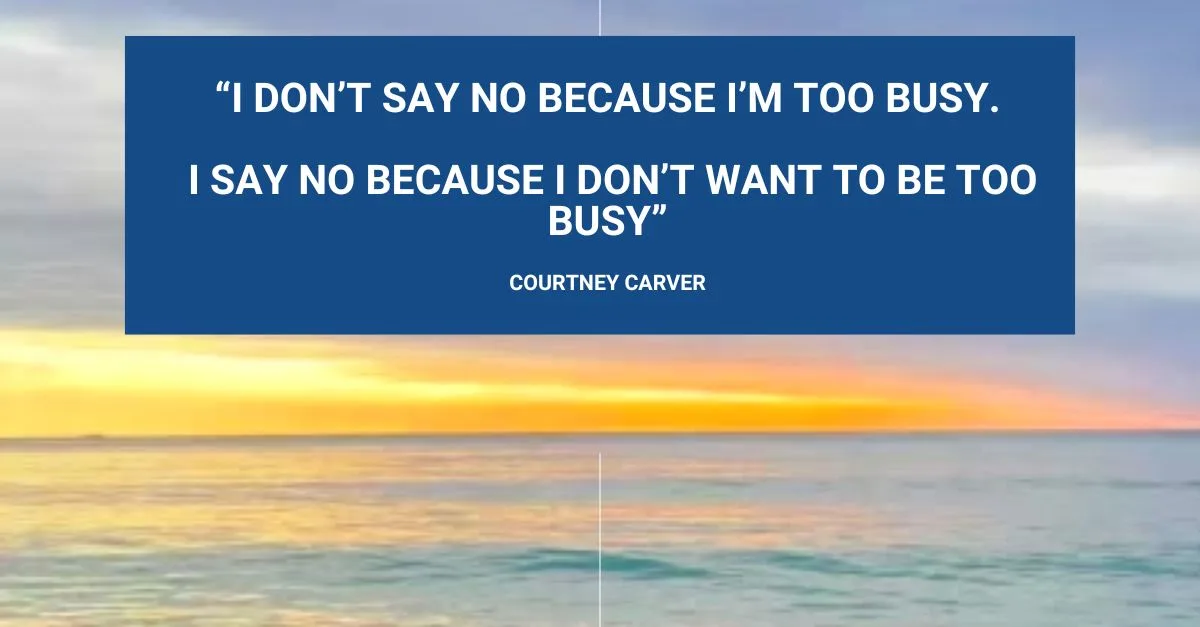Have you ever looked at a colleague or friend and thought, “Why is it so easy for them to make decisions?”
You’re not alone. Many of us hesitate, overthink, or delay decisions—both big and small. From choosing whether to apply for a new role to deciding what to spend your money on now that winter fuel payments have stopped, decision-making can feel like a minefield.
But here’s the truth: decision-making isn’t just a personality trait—it’s a skill. And like any skill, it can be developed.
Over the years, in coaching hundreds of professionals through their crossroads, I’ve identified six common reasons why people struggle to make decisions. These reasons can be grouped into two categories: inputs and outputs.
Input Factors: What Gets in the Way Before a Decision Is Even Made
- Lack of Confidence
Confidence is the fuel that powers decision-making. Without it, every option can feel risky. You second-guess your judgement, worry about getting it wrong, and end up stuck in a loop of hesitation. - Lack of Knowledge
To make informed decisions, you need access to the right information. Whether it’s understanding policy changes or knowing how quickly those Oasis tickets will sell out, missing key details can stop you in your tracks. - Limited Resources
Sometimes, it’s not about the decision itself—it’s about what you need to act on it. Time, money, energy, or support. When these are scarce, decisions get delayed or dismissed. - Uncertainty Over Authority
In workplaces especially, one of the biggest blockers is not knowing who should be making the decision. If roles and responsibilities are unclear, everything grinds to a halt while people wait for clarity or permission.
Output Factors: What Makes the Outcome Feel Risky
- Accuracy of the Decision
The higher the stakes, the harder it is to decide. If it has to be the “right” choice—like how to manage your finances after losing a benefit—it’s natural to freeze up. We put pressure on ourselves to be perfect, and that pressure makes progress feel impossible. - Personal Consequences
Even small decisions can feel heavy when we fear judgment, criticism, or regret. What if I upset someone? What if it doesn’t work out? This fear can trigger decision paralysis, where doing nothing feels safer than making the “wrong” move.
So, What Can You Do?
Understanding what’s really going on is the first step. Once you recognise why you’re hesitating, you can start to shift the pattern.
Here are a few coaching questions to help you move forward:
- What information would help me feel more confident right now?
- What’s the smallest step I can take with the resources I have?
- Who needs to be involved in this decision—and who doesn’t?
- What’s the real risk if this doesn’t go perfectly?
- How will I feel in a week, month, or year if I stay stuck?
Remember: you don’t need to make perfect decisions. You just need to keep making intentional ones.
If decision-making is something you struggle with—whether it’s in your career, leadership, or personal life—you don’t have to figure it all out alone.
Let’s work together to build your confidence, clarify your priorities, and take the pressure off. You’ll be surprised how much lighter life can feel when you stop avoiding decisions—and start owning them.
👉 Book a free consultation or explore my coaching programmes




